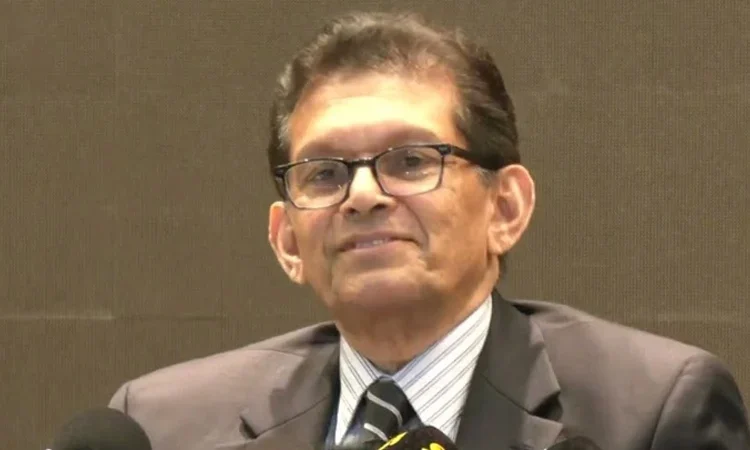After years in classrooms, offices, and parent meetings, I have learned one truth: multitasking destroys children’s focus. Their minds are delicate, like quiet rooms that need peace to stay bright. Yet today, those rooms are rarely quiet anymore.
Almost every day, I hear the same concern from parents. They walk into their child’s room and see a familiar scene: homework on the table, a YouTube video playing beside it, the phone buzzing every few minutes, a game notification flashing like a small firecracker. Sometimes the TV hums in the background.
The child insists, “I’m studying.” And in a way, they believe they are.
This chaos has become normal.
We adults call it multitasking, Children call it life, But the brain has its own opinion and it disagrees with both.
What I Have Seen in Children
Children today remind me of runners told to stop every few seconds. Start. Stop. Start again. No matter how strong the runner is, eventually they collapse. Their energy leaks away in little drops.
One boy in Grade 6 once told me during a break, “Ma’am, I sit to study, but then my mind starts itching for my phone. I check one message and suddenly it is 40 minutes later.”
He said it with embarrassment, as if he were confessing a crime.
But it wasn’t a crime, it was a symptom.
Inside the Mind: A Simple Picture
Imagine a chalkboard. You write on it, wipe it off. Some dust remains. You write again, erase again soon the board becomes smudged, unclear, hard to read.
That is what happens to a child’s mind when they switch from homework to notifications, from reading to reels, from solving to scrolling.
The brain does not leap; it limps from one task to another, carrying the dust of the previous one.
I have seen children stare at a single paragraph for ten minutes not because they don’t understand, but because part of their mind is still sitting inside a TikTok video they watched two minutes earlier.
Why Children Struggle More Than Adults
People say, “This generation is smarter. They can handle screens.”
It sounds comfortable, but it is wrong.
The part of the brain that controls focus the prefrontal cortex matures slowly. It doesn’t fully grow until the mid-20s. Expecting a 12-year-old to “just ignore the phone” is like asking a bicycle to outrun a car.
Children are more vulnerable to distraction. They fall faster, and they fall harder.
A teenage girl once told me, “Miss, I don’t even enjoy scrolling anymore, but my brain doesn’t let me stop.”
Her voice cracked not from wanting more, but from losing control.
What This Looks Like at Home
Parents often tell me, “My child sits with books for hours but learns nothing.”
One mother described her son doing math homework with cartoons playing behind him. He kept saying, “I’m not watching.” But his eyes blinked every time the sound changed. His brain was listening.
A task that should take one hour now takes three. In the end, the child feels slow, frustrated, and strangely exhausted.
The Greater Cost
Beyond grades, something deeper is weakening the child’s ability to sit with a thought.
Children jump from idea to idea like stones skimming over a lake, never sinking long enough to see what lies beneath. This constant half-awareness is linked to anxiety, poor sleep, and a fading emotional connection with family.
One father told me, “My son sits with us, but he lives somewhere else inside his screen.”
What We Can Do
Protecting single tasks is essential: short, 25-minute focus sessions can help rebuild a child’s ability to sit still. This works best when the phone is removed entirely from the study area, because even a silent phone lying face down weakens focus.
Just as important is showing children what real attention looks like when we scroll while they talk, they learn distraction, but when we listen fully, they learn presence.
Some children say they need background noise. Soft instrumental music is fine. But screens, lyrics, and videos always take more than they give.
Multitasking feels modern, but its cost is ancient:
a child who cannot think deeply loses clarity, creativity, and confidence.
If we protect their focus now, we return to them the one thing every growing mind needs a quiet inner room where ideas can bloom.









